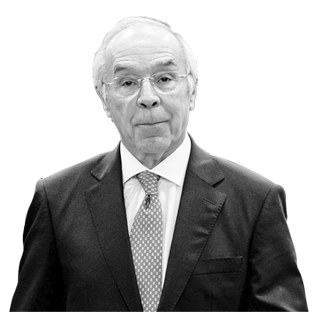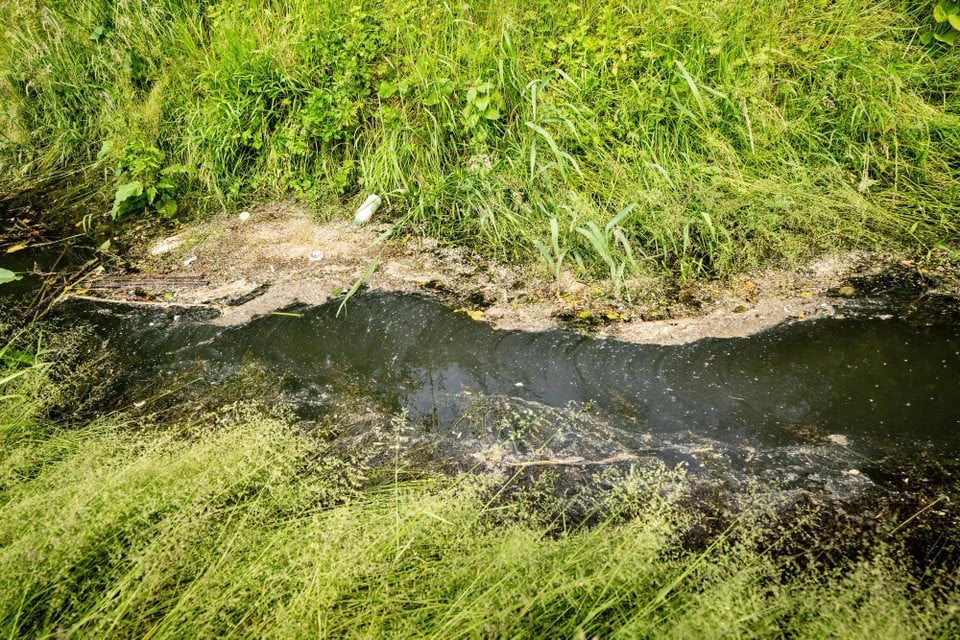The wreck of the media

I know the reader will miss the lack of newspapers if they may cease to exist. And it is undeniable that traditional media, and the particular press, today cross an unprecedented existential crisis, which results from three concomitant factors: the obsolescence of the business model anchored in advertising, which cannot resist competition from digital platforms; the technological transformations that made social networks a new source of information, especially for younger audiences; and the degradation of liberal democracy.
This last factor assumes, in fact, all the characteristics of a vicious circle. Because, if there is no full democracy, the media has no conditions of pluralism and informative freedom; But without the scrutiny of the free and plural media, democracy is neither transparent nor healthy.
What is succeeding in the US, namely the Rocambolesque case of signal, confirms the populist drift who has been capturing liberal democracies. And populists, whether right or left, have never failed to exercise political pressures on the media, restricting their freedom always and when it is not convenient to them. That is, they have come to power, often with the help of the most sensational media, populists do not hesitate to condition freedom and limit the scrutiny of the media, seeking to turn them into a vehicle of propaganda.
Therefore, democracies that are still liberal cannot fail to support the free press, all doing to ensure their subsistence. The quality of information is an antidote against fake news that jumps into new platforms and, in this sense, favors a more resilient and careful citizenship. It is therefore a public good that urges to preserve.
For all this, it applauds the fact that the government has reinforced its position in Lusa, which is an independent news source. I also greet the measure that guarantees free access to newspapers to young people, as well as the National Plan of Media Literacy, which fosters responsible and informed consumption of media content. I argue, however, that it is necessary to go further and find forms of public financing that guarantee the financial sustainability of traditional media.
Well I know that there is even in the journalistic class who fears that such support can condition the freedom of the press. Criticism of the sector supports by the Azores Regional Government demonstrates that this fear exists, but it is somewhat atavistic. First of all, because the resilience of the journalistic class would not fail to prevent and denounce any undue pressures.
Much more dangerous is the financial decay. If there is no financial rebalancing through the state, the social communication we have left can be under the scope of false patrons. It is a risk to control the media by economic groups that invest not with the purpose of doing business and generating profits, but in view of the instrumentalization of social communication, either for reputational benefits or for reasons of power and influence.
This control by economic interests is more dangerous than public intervention in information agencies. Moreover, many European countries, some with much more liberal traditions than ours, have chosen to intervene in the media with public support – which, incidentally, proves to be consensual in their societies and is seen as a legitimate response to the problem.
In short, the magnitude of media problems and their consequences for our democracy justify a certain action of the Portuguese State, which is a subject that should not be forgotten in the election campaign.








